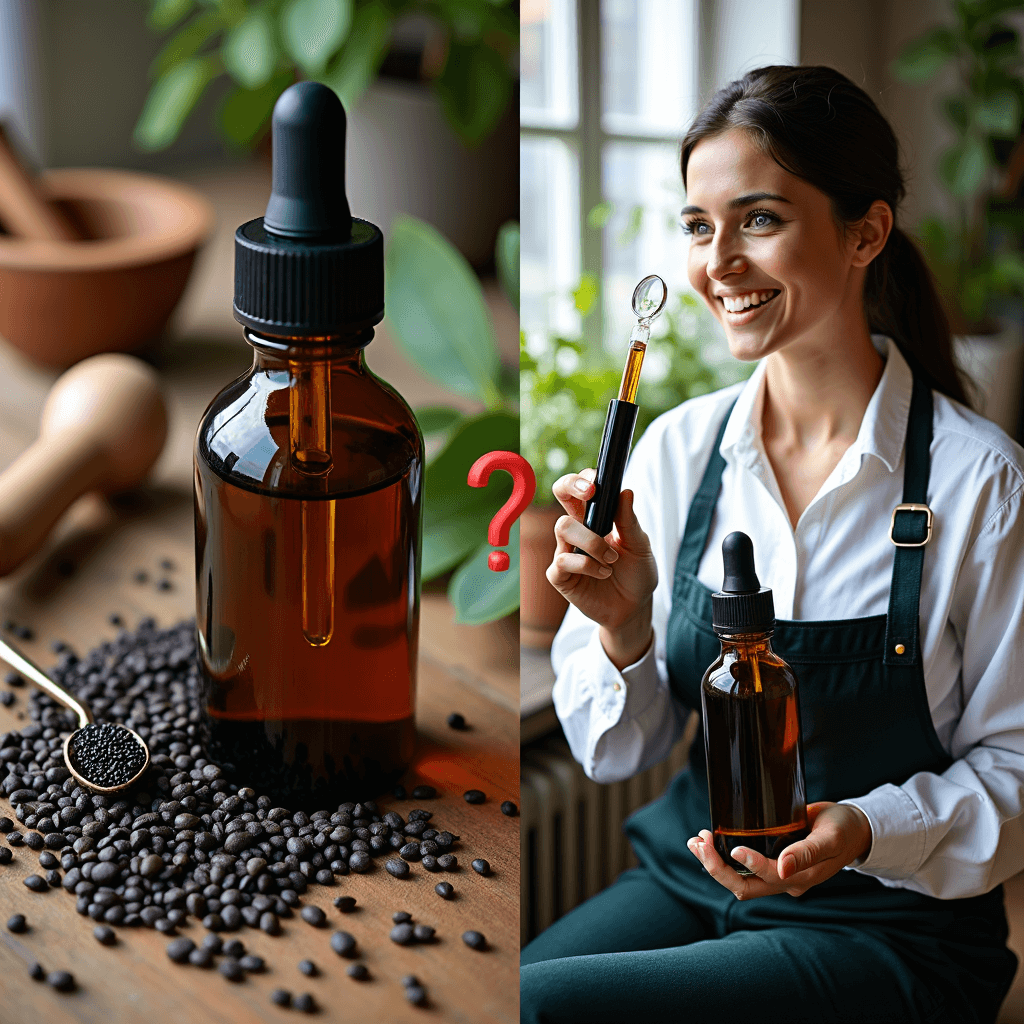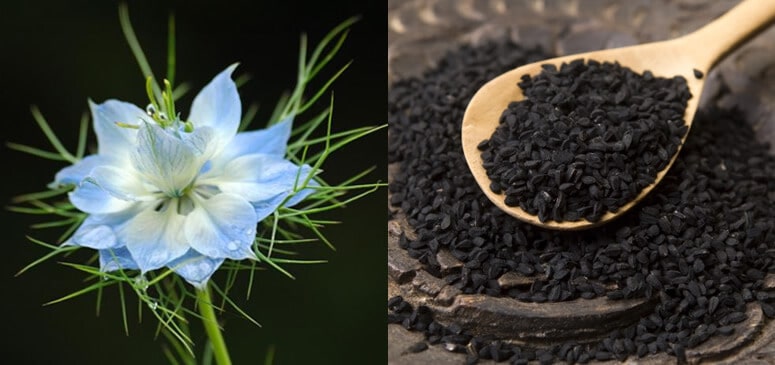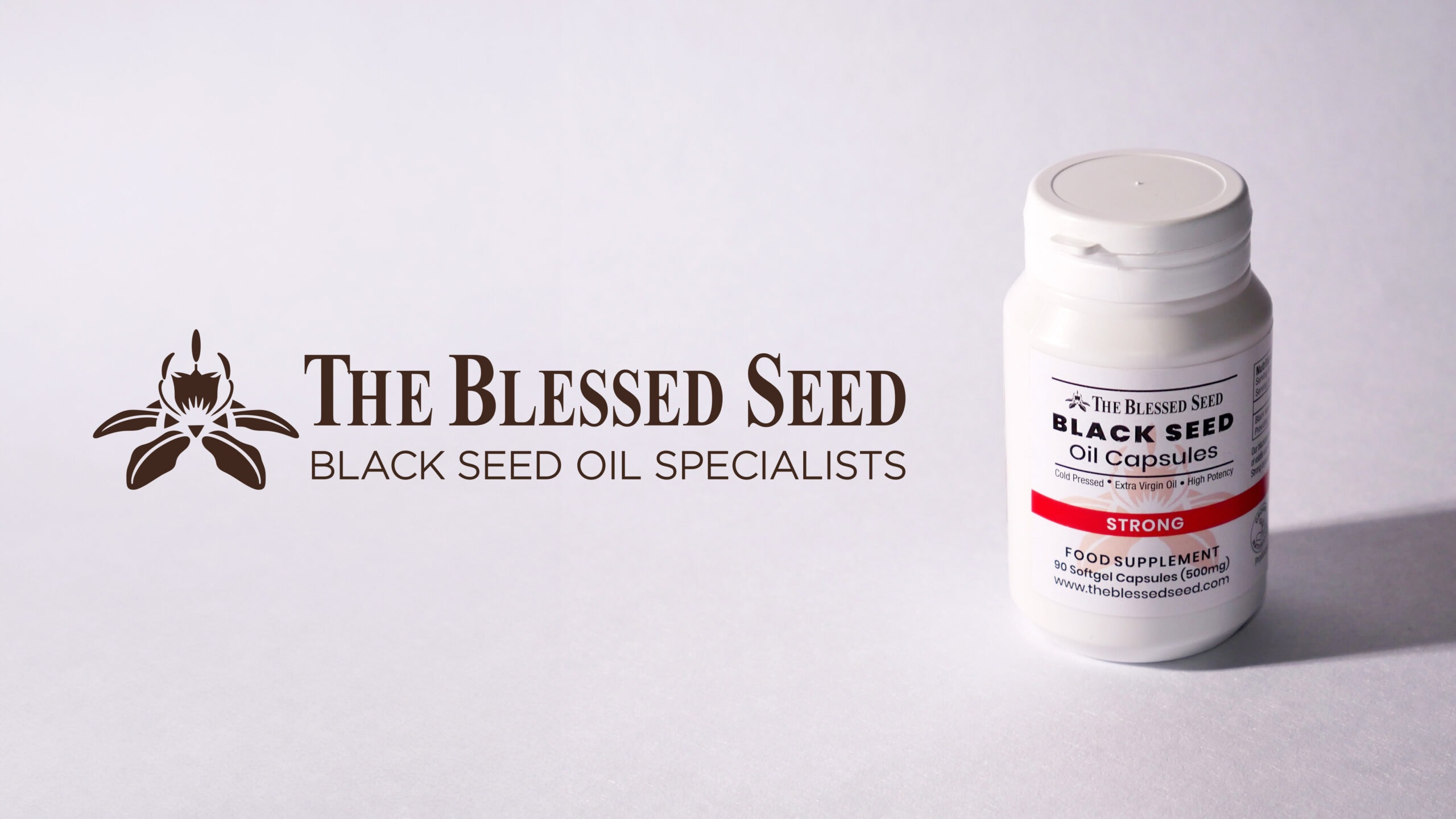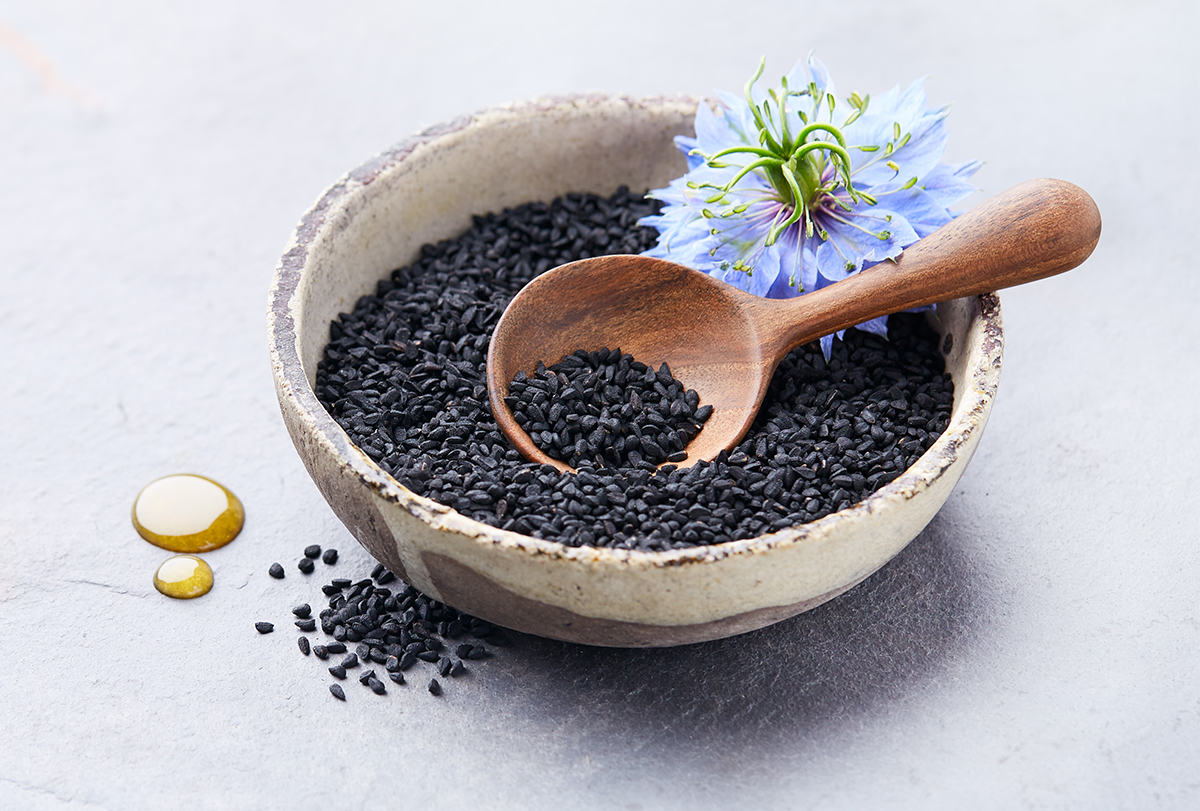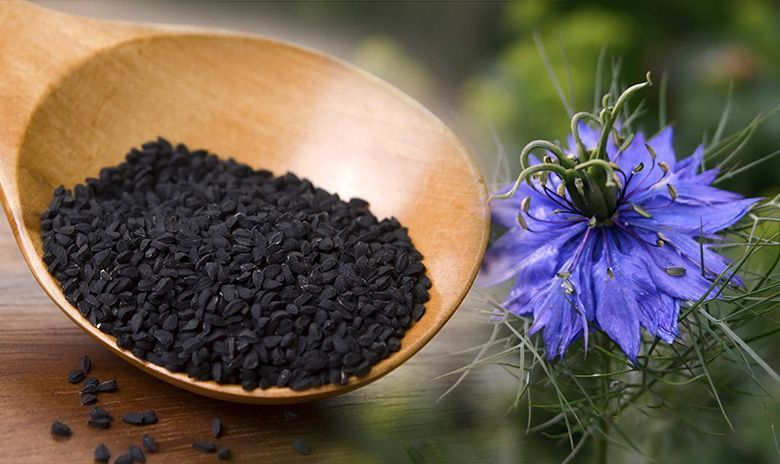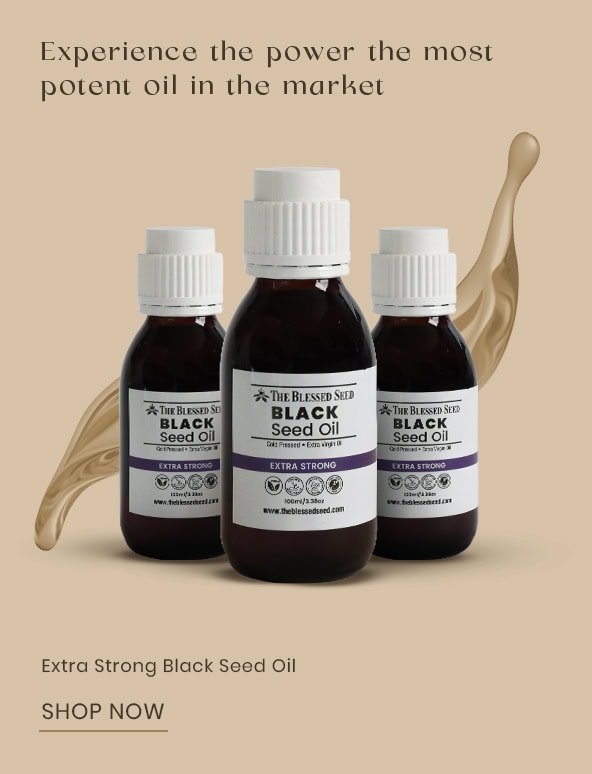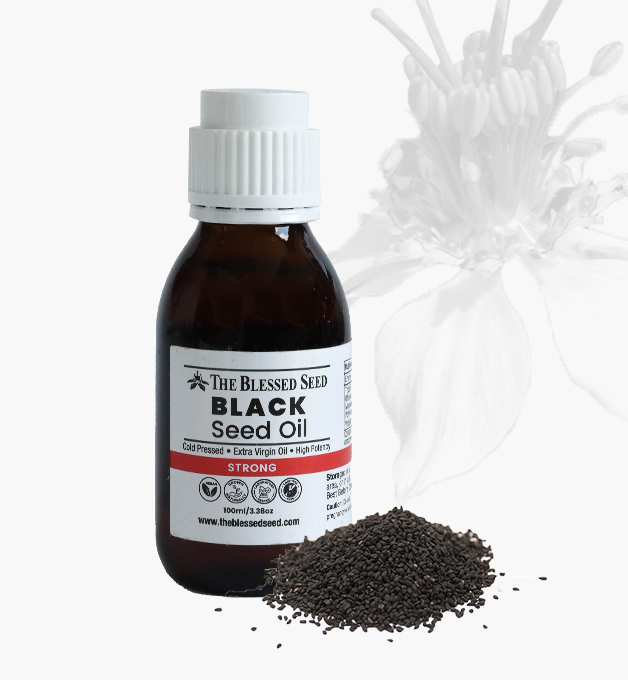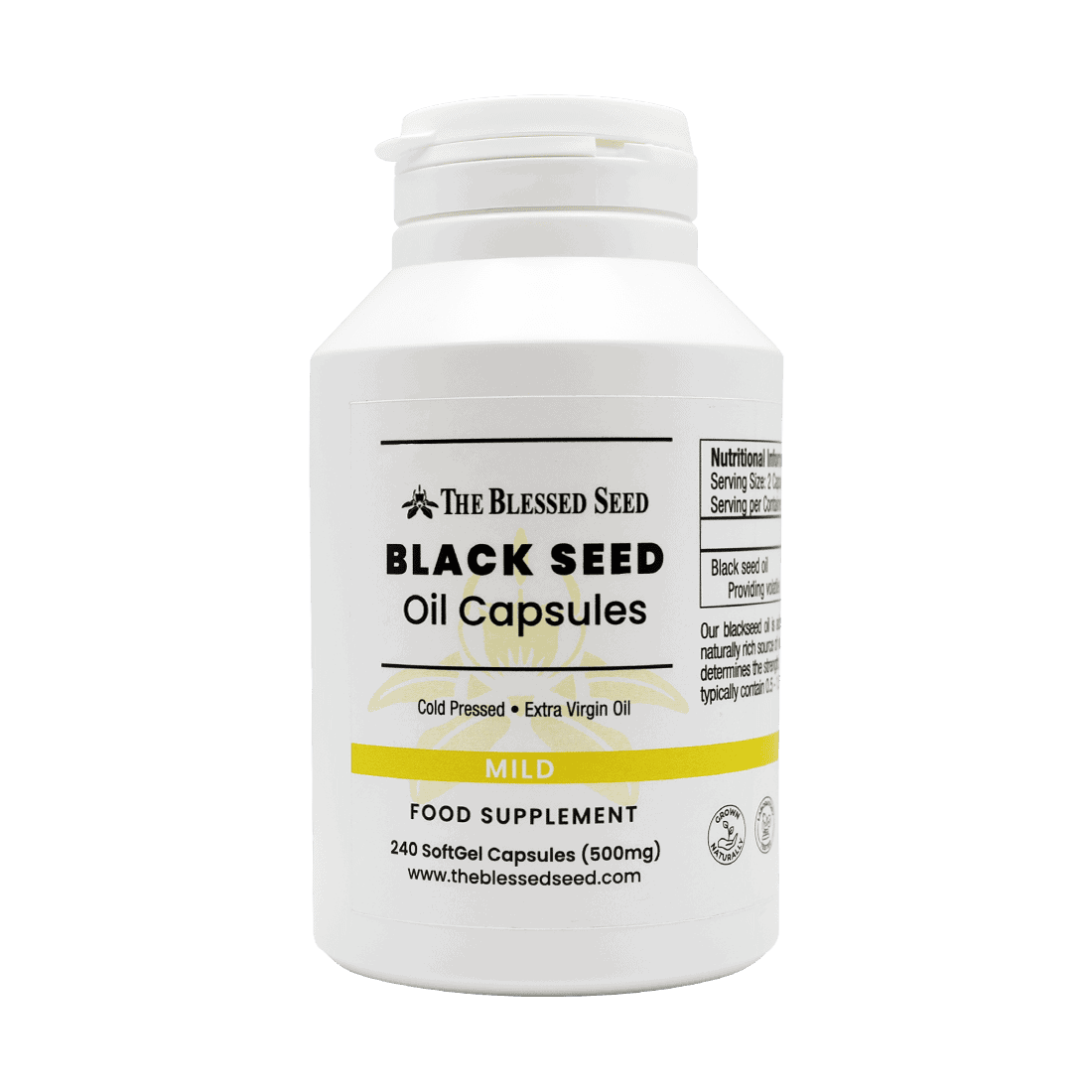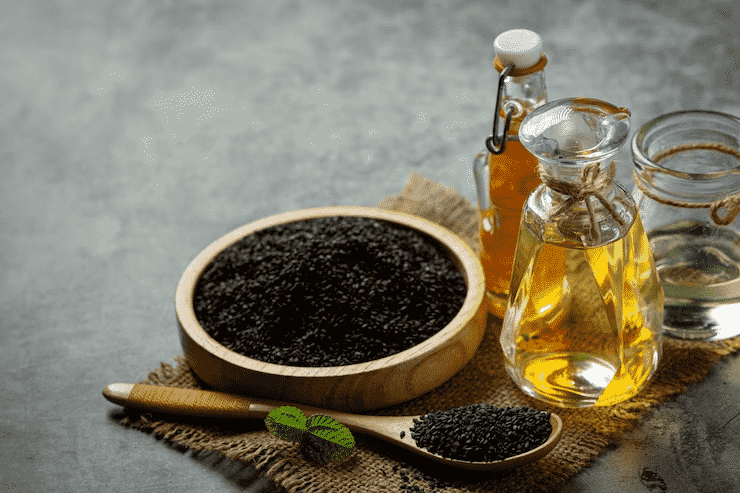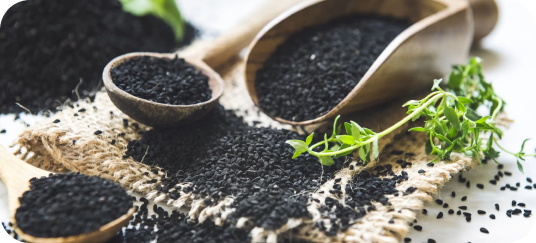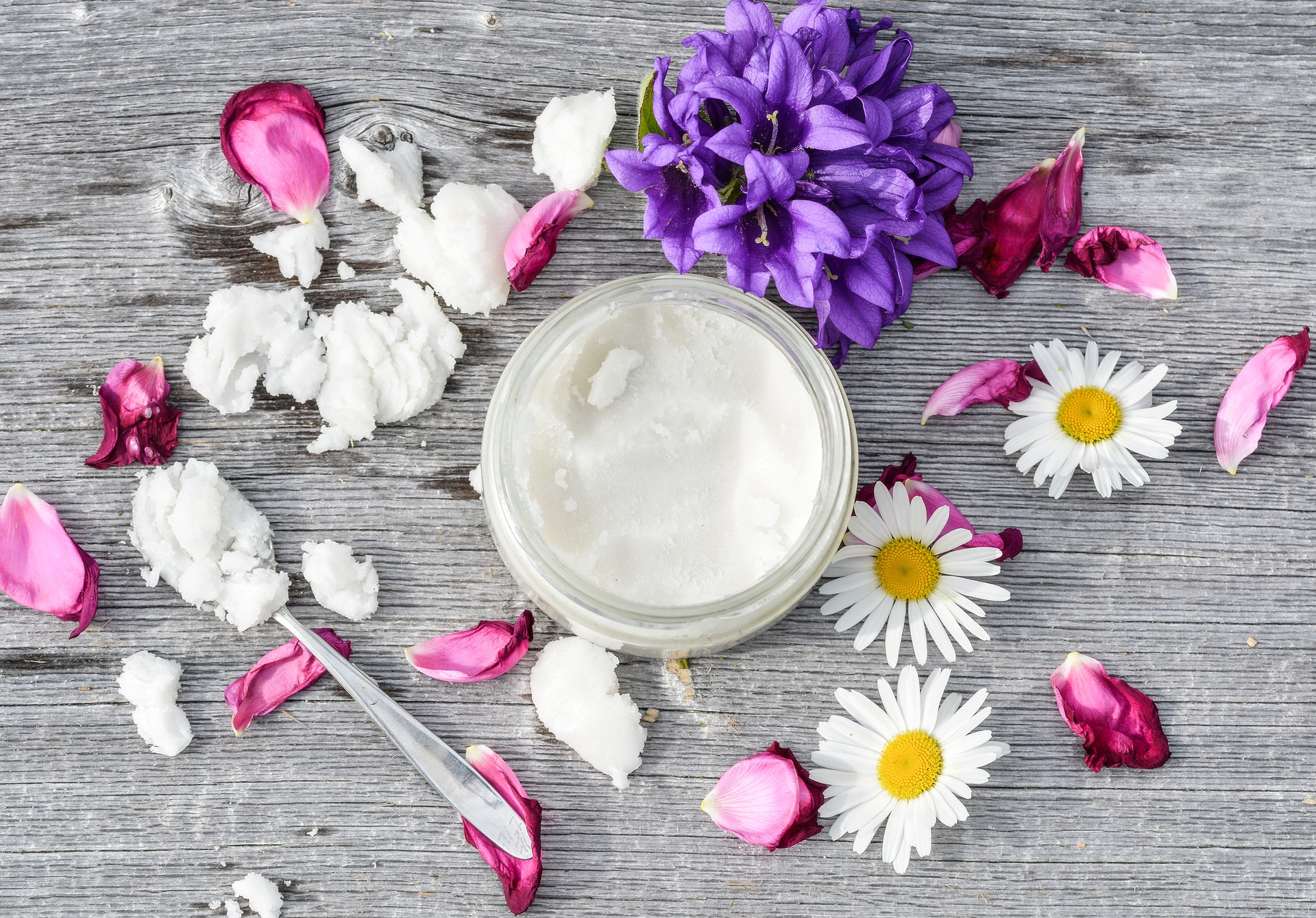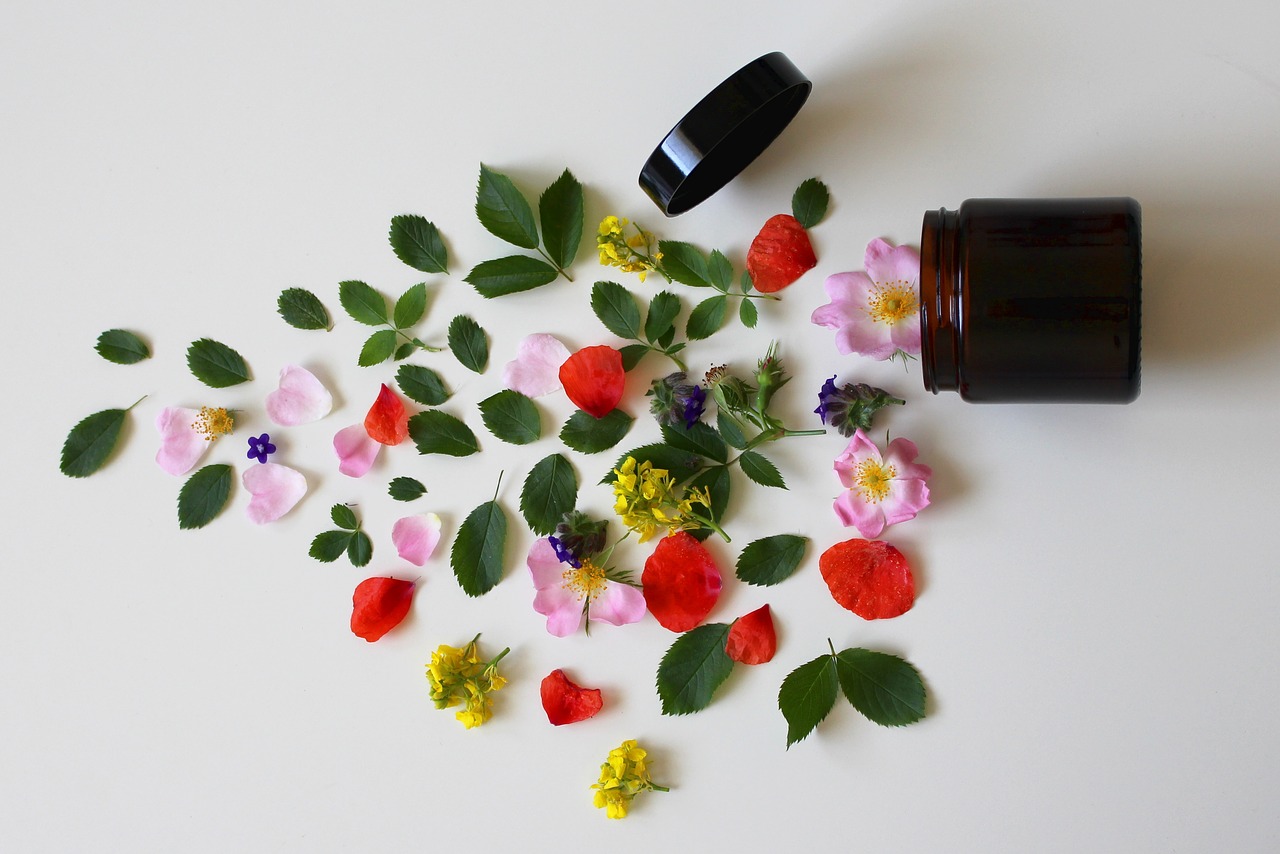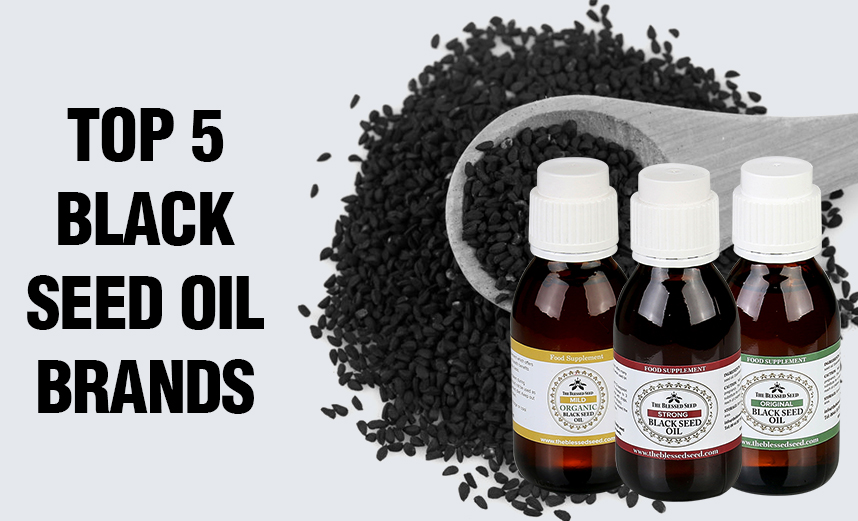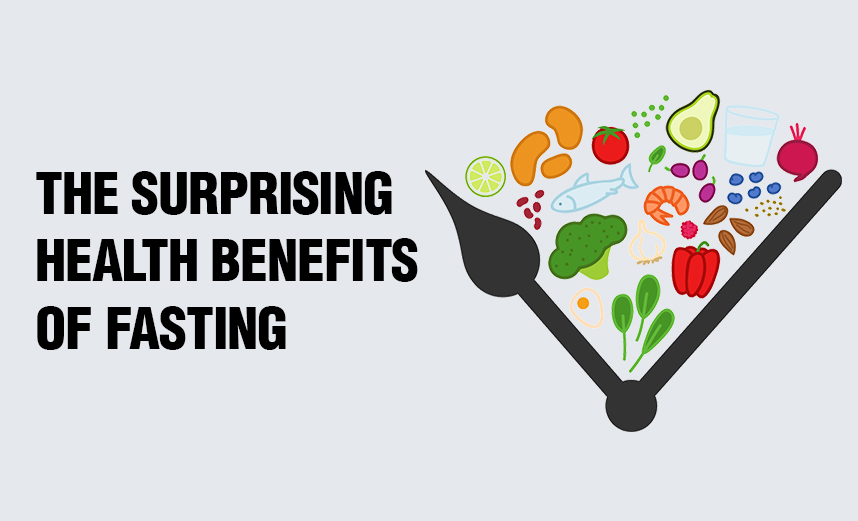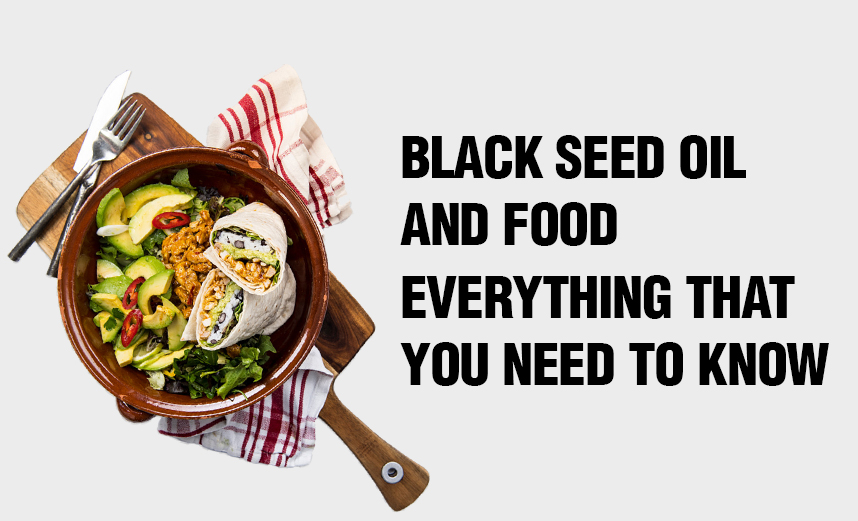The healthful properties of Nigella sativa or black seed oil are plentiful, potent, and time-honoured. It’s also a versatile product, so adding it to your healthcare and wellness routine is always exciting. However, given that you’re dealing with a medical remedy, a little care goes a long way.
N. sativa is not a one-size-fits-all treatment. Depending on who needs it and for what, choosing a weak or strong black seed oil blend greatly affects your health. We’ll be looking at what makes blackseed oil so potent and how to determine the right concentration for consumption or application.
Nigella sativa: Where Does The Power Come From?
Black seed oil has been used to treat and prevent virtually all manner of aches and ailments since ancient Egyptian times. Scholars from those days have even hailed it as the “cure for everything but death”.
Folksy exaggerations aside, current research ensures us that black seed oil is not to be underestimated. From skin irritation and digestive discomfort to cancer and diabetes prevention, it truly is a modern wonder drug.
Cold-pressing is the preferred method of extracting oil from N. sativa seeds. While this oil contains many essential nutrients, the key bioactive ingredient is thymoquinone (TQ).
This substance is anti-inflammatory and antioxidant, and has been shown to slow down the progression of cancer. The majority of known black seed oil benefits are thanks to this highly potent chemical.
How to Determine Blackseed Oil Strength
So, when discussing black seed oil potency, we’re looking at the amount of thymoquinone in a given dose. The higher the TQ levels, the stronger black seed oil product you have. Different blackseed capsules, drops, or ointments can have varying TQ concentrations.
Organic Nigella seeds yield about 30% their weight in oil, which in turn contains about 0.5% to 1.5% TQ. However, through selective breeding of Nigella crops and specialized extraction methods, higher concentrations are also available. But how exactly can you, the customer, be made aware of that?
Companies like The Blessed Seed often helpfully market their black seed products based on volatile oil and TQ levels. We’ll be looking at three common potency levels: normal, original, and stronger black seed oil.
Which Black Seed Oil Is Right For You?
Different users will require different strengths and doses of black seed products. The wrong potency can have either too little or way too much of an impact on your health. Therefore, to be safe, you’ll need to familiarize yourself with the different strengths of black seed oil.
Normal Black Seed Oil
This is the beginner’s choice, as it’s the one with the least potency. Normal or “mild” blackseed oil has a lower concentration of TQ, between 0.3 to 0.5 percent. You’ll find this variety in liquid form or as capsules.
If you’re starting with Nigella, this has a milder, more pleasant taste. It’s also safe for children and those among us with weak stomachs and a tendency to be nauseous.
Typical Uses
- Improving immunity and wellness boost at low-dose
- Mild skincare and digestive support
Original Black Seed Oil
This oil contains the standard TQ concentration found in raw, cold-pressed Nigella oil. The average potency for the original is between 1.2% to 1.5%.
This concentration offers a balanced intake level between the weakest and strongest blackseed oil. It’s a general-use product with a more noticeable, peppery taste, ideal for routine use. Plus, it’s halal, kosher, and vegan-friendly.
Typical Uses
- All-purpose dietary supplement
- Robust skincare against acne, inflammation, etc.
- Long-term sleep, mood, and fitness management
Stronger Black Seed Oil
Sometimes the standard concentration just doesn’t cut it, in which case you need the stronger blackseed oil. Like the normal oil, you can buy this as soft gel capsules or the usual bottled elixir.
With over-the-counter blackseed products labelled as strong, the TQ level is 3% for bottled oil and 4% to 5% for capsules. You can also buy extra strong black seed oil, which has an even more impressive profile of TQ and volatile oils.
Strong Nigella oil has a much harsher taste, so you’ll only need a few drops for your salad or smoothie. Mostly, however, the stronger variety is prescribed to deal with severe health cases.
Typical Uses
- Immediate therapeutic and immune boost with more of a kick to it
- Potent antimicrobial and antioxidant treatments
- Chronic health issues, ranging from fatigue to cancer and diabetes
Tips for Using Black Seed Oil
Start Small
It might take you a while to get used to the overwhelming taste and boosting capabilities at first. If you’re unsure, start with a lower potency, then work your way upwards. That way, you can enjoy the benefits without any risk. Plus, the milder the oil, the cheaper the price, so you can adjust your budget as well.
Read The Fine Print
Always check the product packaging for potency levels and recommended dosage instructions. From there, you can determine how much oil you need to take regularly. It should also offer guidelines for safely introducing children to black seed oil.
Monitor Your Health
As a precaution, keep an eye on how your body health responds to your chosen blackseed oil. If you feel a noticeable improvement in your health and mood, it’s working. You can increase or decrease the potency level if the effects are too slow or too quick.
Consult Your Medical Expert
As always, your doctor or skincare specialist can tell you if you’re a candidate for mild or stronger black seed oil. You can consult before your first intake or as you’re taking it, so they can help monitor your progress and manage doses accordingly.
Imbibe Safely
Black seed oil is a tried-and-tested, seemingly miraculous cure for a wide range of pains and disorders. That being said, with what’s available on the market, you’ll need to do your research. The most informed choice depends on your age, health needs, and how much you fancy the taste.With reliable sellers like The Blessed Seed, you can establish whether mild or strong black seed oil is the right fit.

